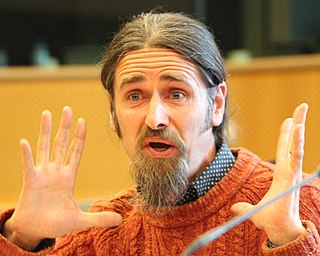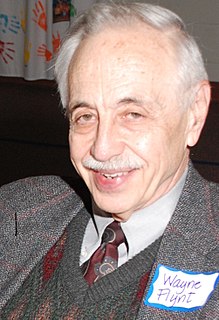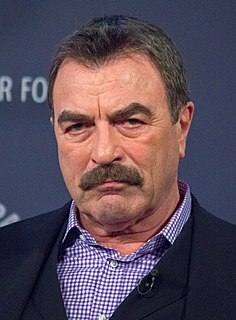A Quote by Tom Hodgkinson
It's pretty obvious that Western lifestyles which rely on gigantic amounts of electricity use up far more resources than a subsistence-based life. A little more poverty would be a good thing.
Related Quotes
Creativity or talent, like electricity, is something I don’t understand but something I’m able to harness and use. While electricity remains a mystery, I know I can plug into it and light up a cathedral or a synagogue or an operating room and use it to help save a life. Or I can use it to electrocute someone. Like electricity, creativity makes no judgment. I can use it productively or destructively. The important thing is to use it. You can’t use up creativity. The more you use it, the more you have.
People make a decision on what they take based on whether or not it's legal. We give people at the age of 18 a choice to use alcohol, which is more harmful than cannabis. If they have the choice to use cannabis by legalising it, they'll be less likely to drink alcohol, giving people an option to use a safer drug. If people end up using cannabis instead of alcohol, that would obviously be a good thing.
It is certain that despotism ruins individuals by preventing them from producing wealth much more than by depriving them of what they have already produced; it dries up the source of riches, while it usually respects acquired property. Freedom, on the contrary, produces far more goods than it destroys; and the nations which are favored by free institutions invariably find that their resources increase even more rapidly than their taxes.
Imagine for a moment that each one of us takes only a little more care for each hour of his days, that he demands in it a little more of elegance and intensity; then, multiplying all these minute pressures toward the perfecting and deepening of each life by all the others, calculate for yourselves the gigantic enrichment, the fabulous ennobling which this process would create for human society.
I would imagine, a very large percentage of people who get something for art and they do something else, and they have some excess resources. And they trade those resources with artists whose work makes them feel good, or feel better, or question. And the artist, if they're smart, they use it to buy the most expensive thing in the world: time to make more. The more that come, the better it is for these people, their children, the people they care about, fills the society with a real constant thing.
I think that in this globalised world, the local is going to become more and more important - it is a paradox. You see it in Western Europe more and more. Eastern Europe is still coming out of the Soviet uniform cultural era, but this kind of separation and nationalism is very obvious now in Western Europe.
Coming back to America was, for me, much more of a culture shock than going to India. The people in the Indian countryside don't use their intellect like we do, they use their intuition instead, and their intuition is far more developed than in the rest of the world. Intuition is a very powerful thing, more powerful than intellect in my opinion. That's had a big impact on my work.




































